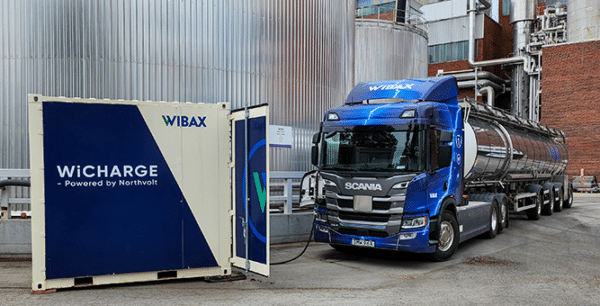The authorities need to change their approach
The Swedish chemical industry is one the many industrial sectors that are completely dependent on efficient, functioning permit processes. The chemical industry is a key player in efforts to reach our climate goals, but is also an important driver of the Swedish economy as it accounts for roughly 20 percent of Swedish goods exports.
In order to reduce Swedish import dependence from countries with a greater environmental impact and to succeed in the green transition, authorities to have a broader perspective, going beyond local environmental impact, when conducting environmental tests. Necessary value chains and other consequential effects also need to be considered. Above all, the authorities’ view of the industry needs to improve, and their approach in environmental testing matters needs to change.
Change is necessary
The environmental assessment inquiry, which presented its final report on June 14, had the task of reviewing in detail how the current system for environmental assessment may be changed in order to achieve more modern and efficient environmental assessment provisions, to benefit green transition. The overall aim was partly to facilitate investments aimed at improving climate and environmental conditions, and partly to achieve faster and simpler assessment processes.
The inquiry concluded that the total examination time needs to be reduced, that peaks in processing time need to be cut and that the processes can become more efficient and predictable, thereby supporting the green transition. The inquiry points to increased dialogue, collaboration and coordination at an early stage in the process as key factors for success. Both IKEM and Wibax agree with these inquiry conclusions.
Unfortunately, we do not believe that the inquiry’s proposal will lead to any significant changes to permit processes. Even if some sections of the code are adjusted, the fundamental problem remains. Namely, the fact that provisions of the code are subject to interpretation by single individuals, and to some extent influenced by personal convictions. This will not lead to greater predictability and more judicially secure trials.
Differences in processing time
There is a lot of variation in the duration of environmental assessment processes, depending on where in the country the facility is located, something that Wibax has also experienced. Even if the assessments concern similar types of operations, they are assessed differently and faced with different requirements both with regard to documentation and operating requirements. We experience this as highly lacking in legal certainty, and the suggestions presented by the inquiry risk worsening this uncertainty even further.
Although it is positive that many changes are to be handled through change permits rather than full reassessments, the problem of inconsistency in assessment and evaluation of permit applications will remain. Furthermore, the suggestion that the regulatory authority should assess the need for a full reassessment of operating permits every ten years, is worrying. How will such assessments be carried out in a fair and equal manner?
The problems faced by many companies today need to be fixed fundamentally, which is why we disagree with trying to patch up a non-working system. If this doesn’t happen, it risks delaying, or outright blocking, major investments.
Reform is necessary
We therefore see a need for a comprehensive reform of the permit system.
We would like to see a new inquiry set up swiftly, with the goal of fundamentally reforming the Environmental Code and environmental permit processes, so that the authorities are given a clearer advisory role, as opposed to their current role as a counterpart. By working towards a common goal and holding a shared view of the value of industry in the green transition, conditions for sustainable growth can be created in Sweden.








